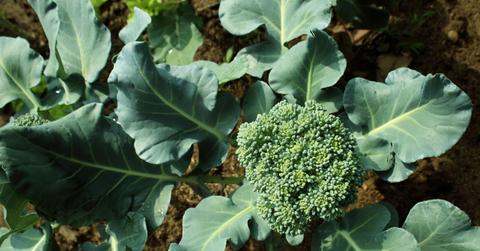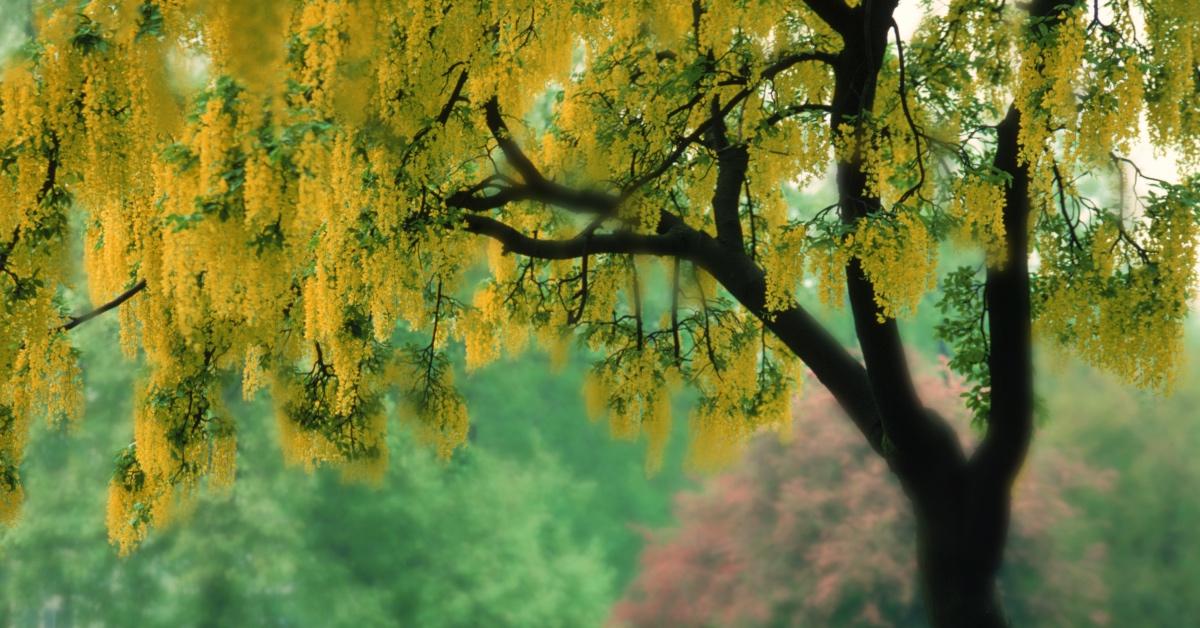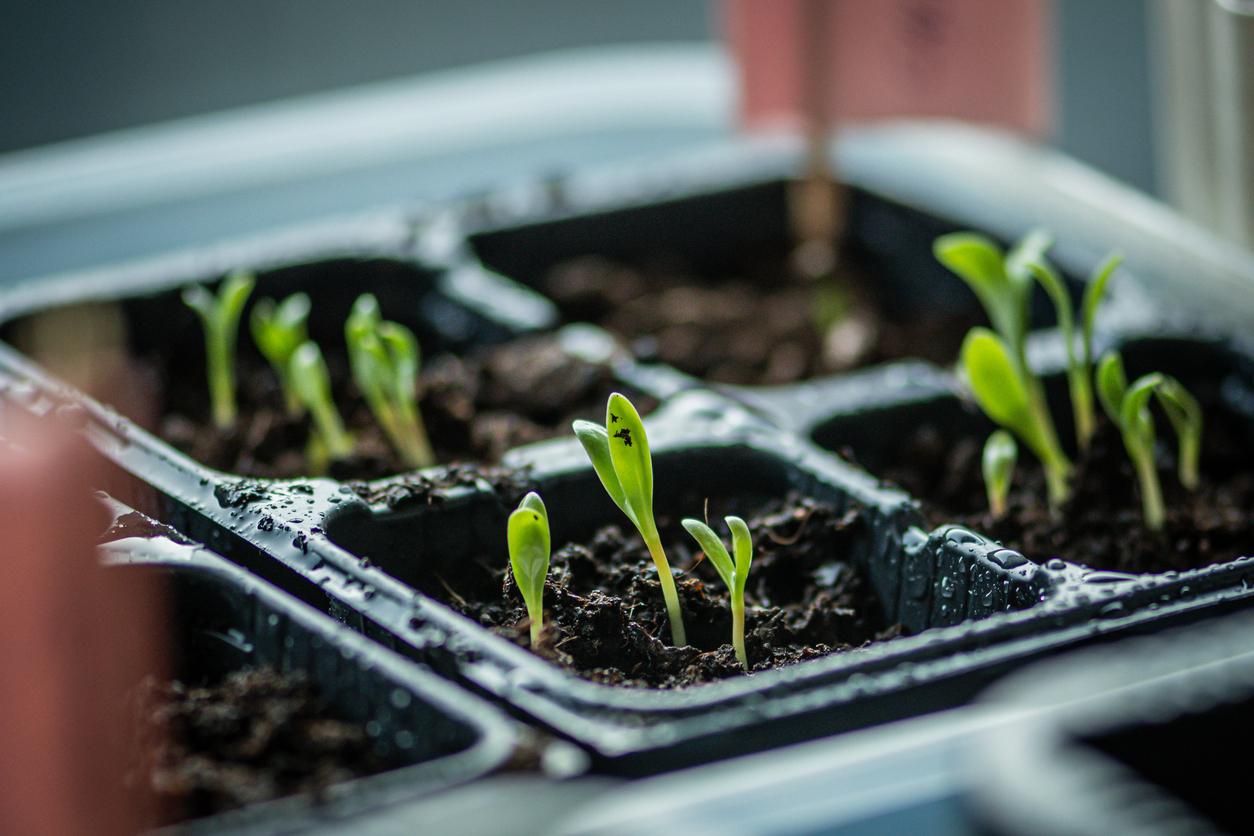Yes, Plants Are Alive — Just Not in the Same Way as Animals
Published July 19 2023, 5:03 p.m. ET

To some, "are plants alive?" might seem like a silly question — of course, they’re alive! However, the answer can become less clear when discussing topics like plant-based diets.
We know that plants are alive, but so are animals. Many environmentalists choose to follow a vegan lifestyle to not harm lives, but aren’t plants living too? Well, it turns out there’s quite a big difference between the two.

Here are the ways we know plants are alive.
If you want to know whether or not something is alive, it’s easiest to first refer to the guidelines created by scientists. According to the Small Farms Urban Agriculture Alliance (SFUAA), these experts have narrowed down seven characteristics of living things.
A living thing can feed, excrete, breathe, reproduce, grow, move, and respond to stimuli. However, it’s important to remember that each living thing portrays these qualities differently. For example, plants don’t move like animals but still move — therefore, they are considered living things.
Every skilled gardener knows that plants require nutrients, which is why it’s so important to water your garden and use high-quality soil. The plants feed on these nutrients, allowing them to move, change, and grow. Before you know it, they will be big and tall.

Plants also reproduce. Rather than giving birth like an animal or human, plants reproduce by creating fruits that hold hundreds of seeds. Eventually, these seeds are planted, and a new sprout is born.
For these tiny sprouts to grow into thriving plants, they respire. Once again, plants breathe differently from other living beings. Instead of using lungs, they turn to photosynthesis — this is the process of turning sunlight into chemical energy. Photosynthesis allows them to complete basic functions.
Like animals, plants can excrete and respond to stimuli. They eliminate excess carbon dioxide, water, and oxygen to excrete or remove waste. When responding to stimuli, we know that plants can detect changes in their environment, such as the intensity of light and the time of day.
And finally, we know plants are alive because they die. Scientists have made things easy for us by creating these guidelines, but that doesn’t mean our questions are answered — it might even create more confusion.
If plants and animals are alive, why do some people choose only to eat plants and not animals? Aren’t they both living? It seems that there are still a few differences between the two.
There’s one key difference separating plants and animals.
Plant-based or vegan diets are pretty common these days. However, it’s not unusual for plant-based eaters to receive the following feedback: “Plants are living too.” Thanks to the handy guideline scientists created, we know that that’s true.
It’s important to remember that while two things can be considered alive, they can express those characteristics differently. Plus, even when something has the seven characteristics described, they can have additional qualities that make them unique.
Here’s how we know that animals and plants are different: Animals actually know that they’re alive. Despite old studies claiming that plants are conscious, a report in 2020 stated that there’s not enough evidence to suggest such a thing.
Plants cannot perform “proactive and anticipatory behaviors” and “integrative-information processing,” according to the report. The authors also mention that many previous claims linked Pavlovian learning to plants to prove consciousness, but this process doesn’t require consciousness.
So while it’s true that plants and animals are alive and share similarities, they still have some fundamental differences.